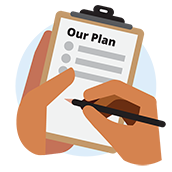Making your home safer
What you will find on here
About this page
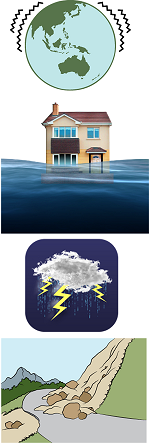
We cannot predict emergencies like:
- earthquakes
- floods
- storms
- landslides.
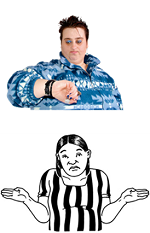
Not being able to predict means it is not possible to know:
- when an emergency might happen
- where an emergency might happen.
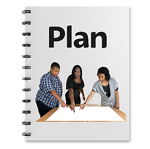
There are lots of things we can do to be ready if emergencies or natural disasters happen.
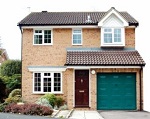
A good place to start is your home.
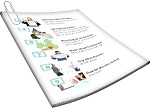
This webpage is about how to make your home safer.
Ways to make your home safer

This part of the webpage has some ideas to make your home safer.
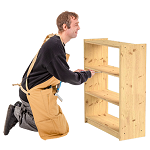
Attach your furniture to the wall studs if it is:
- heavy
- tall.
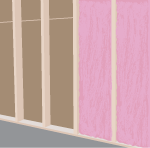
Wall studs are the strongest parts of the walls.
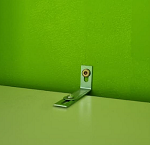
To attach your furniture to the wall studs you can use:
- brackets
- straps.
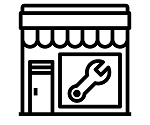
You can buy the things you need from hardware shops like:
- Bunnings
- Mitre 10.

If you have things that are heavy or fragile keep them near the floor like on low shelves.

Fragile things are things that break easily.
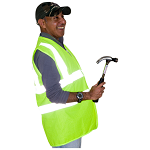
Use hooks to hang up:
- pictures
- mirrors.
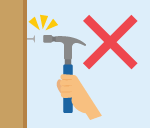
Do not use nails to hang these up as they may not stay on the wall very well.
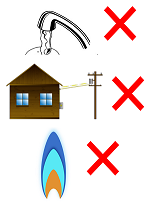
Make sure you know where / how to turn off your:
- water
- electricity
- gas if you have it.
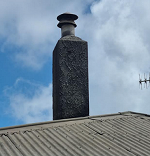
Some brick or concrete chimneys may fall over in an earthquake.
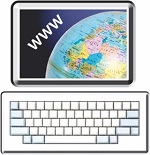
You can find more information about how to make chimneys safer on the Earthquake Commission website at:

If your home has suspended floor foundations check:
- they are in good condition such as having no cracks
- the foundations have good connections to the house.
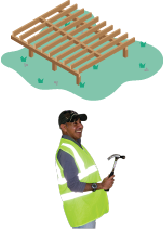
Suspended floor foundations are ways of building the bottom of the house.
A builder can tell you if you have them if you are not sure.
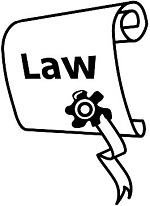
In February 2021 there were changes to the Residential Tenancy Act.
The Residential Tenancy Act is a law about renting places to live.
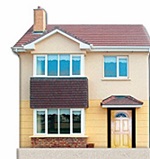
These changes made it easier for people who rent their home to make it safer.
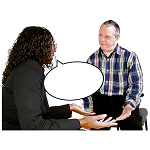
If you rent your home talk to your landlord or property manager before you start making it safe.
Insurance

Having insurance is very important to help sort things out if there is a natural disaster.
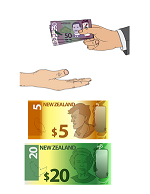
Insurance is when you:
- pay money to an insurance company
- get money from the insurance company if something bad happens that fits their rules.
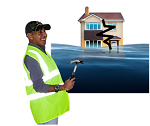
Often the insurance company will pay for things to be fixed rather than give the money to you.
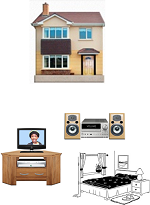
If you own your home you may have home and contents insurance in case something happens to:
- your house
- the things in your house.
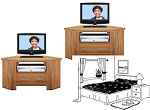
If you rent your home you may just have contents insurance for the things you own.

Insurance is very important in a disaster.
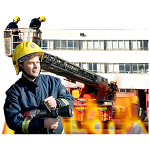
If your home insurance policy will pay if there is a fire then you also have EQCover.
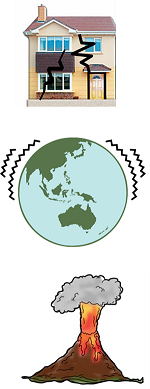
EQCover is run by the Earthquake Commission.
It means you have insurance if your home is damaged by something like:
- an earthquake
- a volcanic eruption.
It is important to keep checking the insurance you have is right for you.
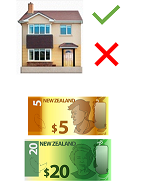
You should check:
- what is part of your insurance
- what is not part of your insurance
- if the money your insurance will pay will be enough to build your home again.
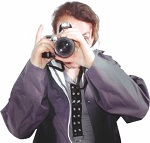
If something damages your home take lots of photos of the damage.

Then contact your insurer to make a claim.
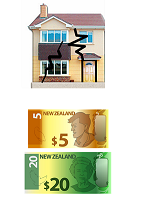
Making a claim is when you tell the insurance company that:
- something has gone wrong
- they need to pay for it to be sorted.
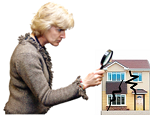
The insurance company will sort out your claim.
This includes anything that is part of EQCover.
How to get prepared for an emergency
Find out how you can get prepared for an emergency.

